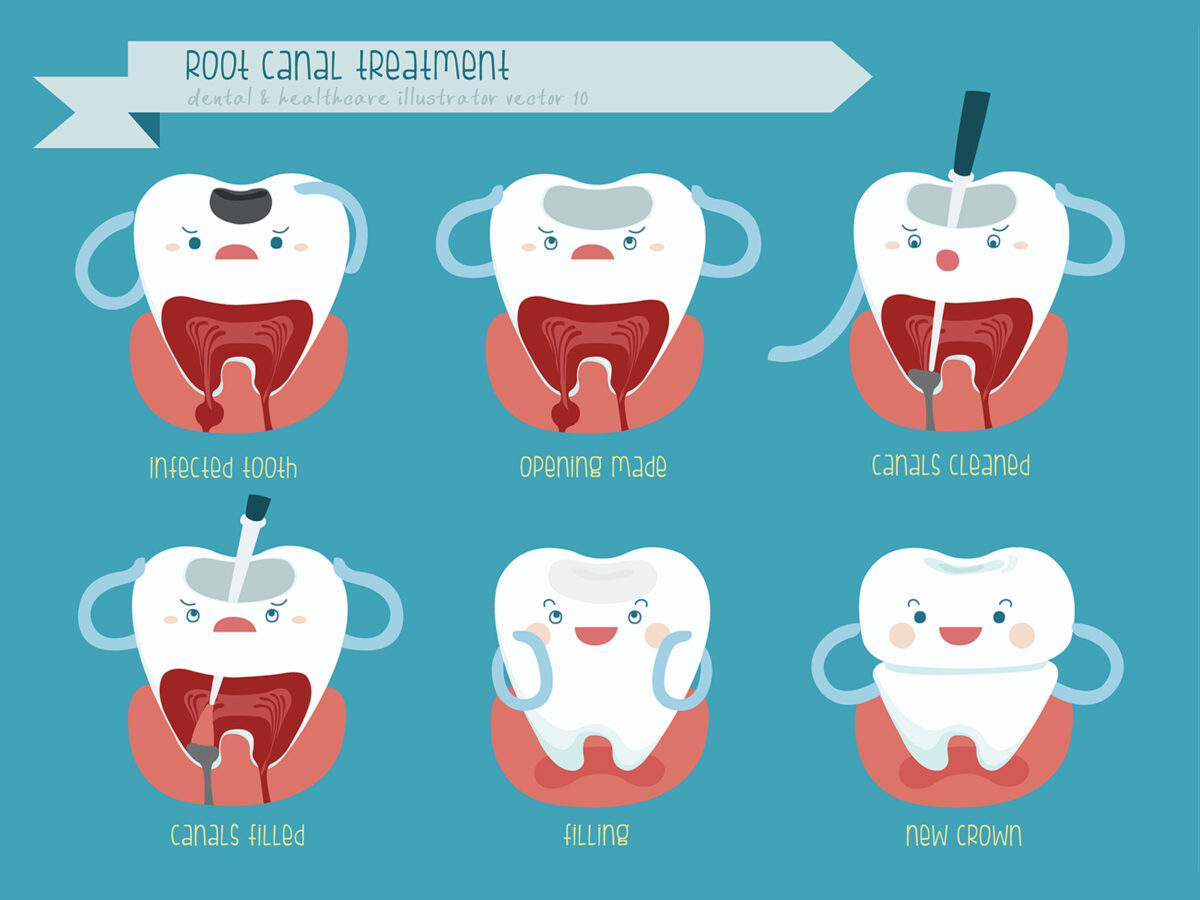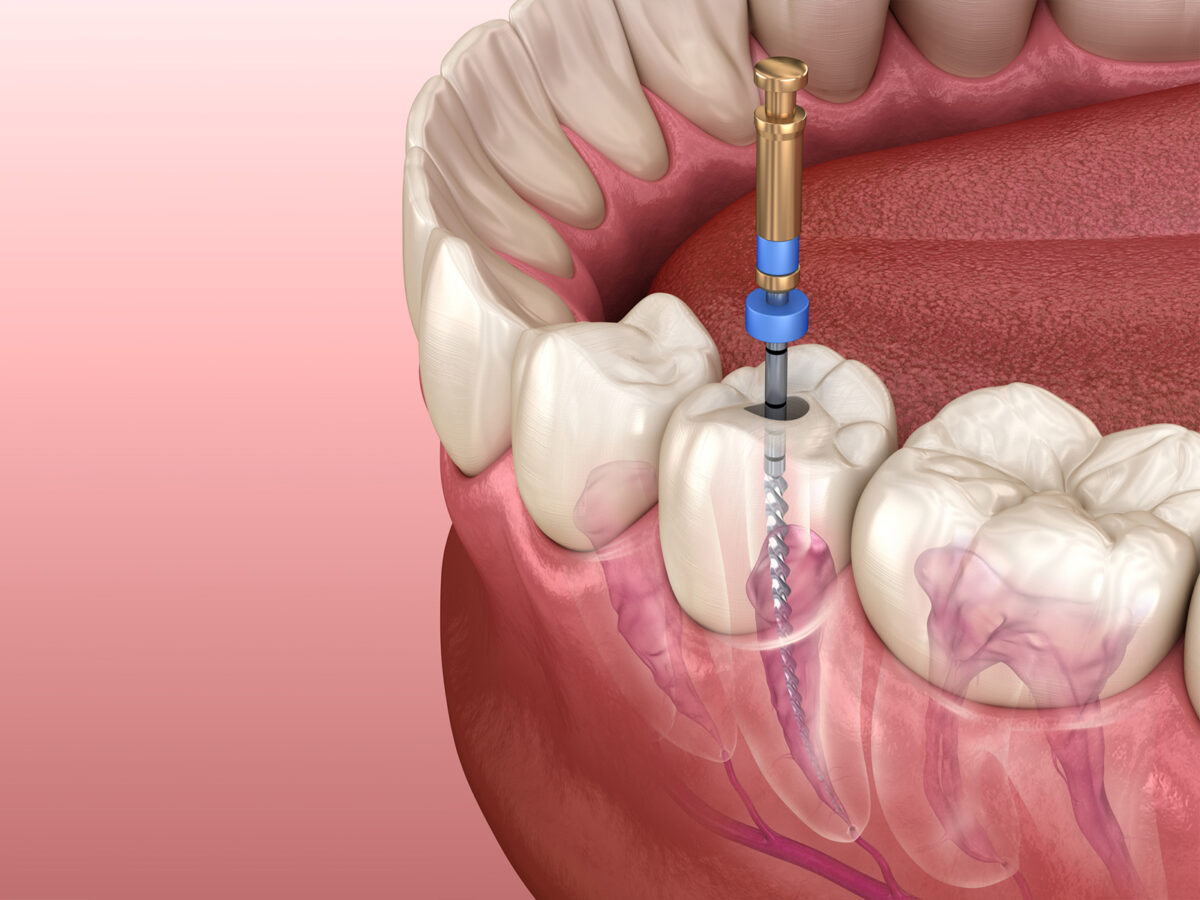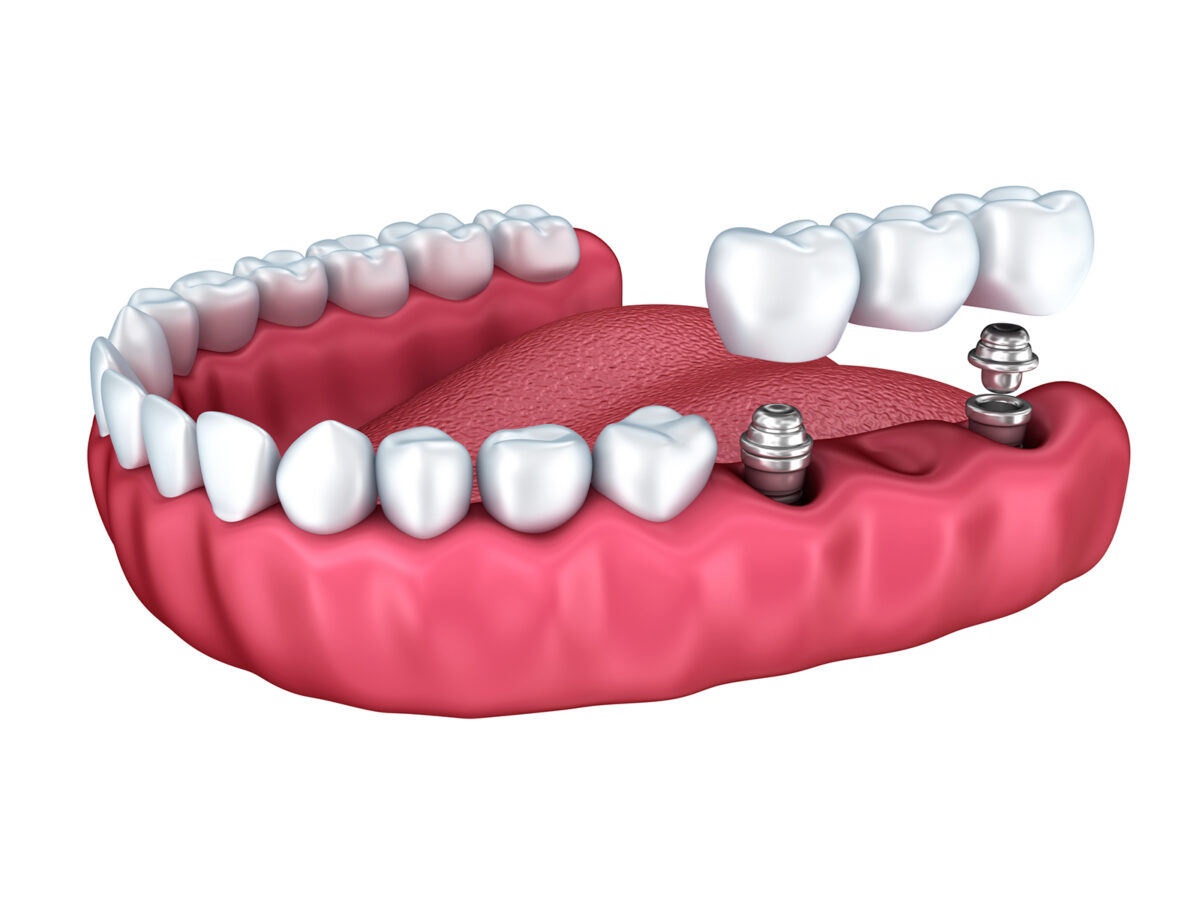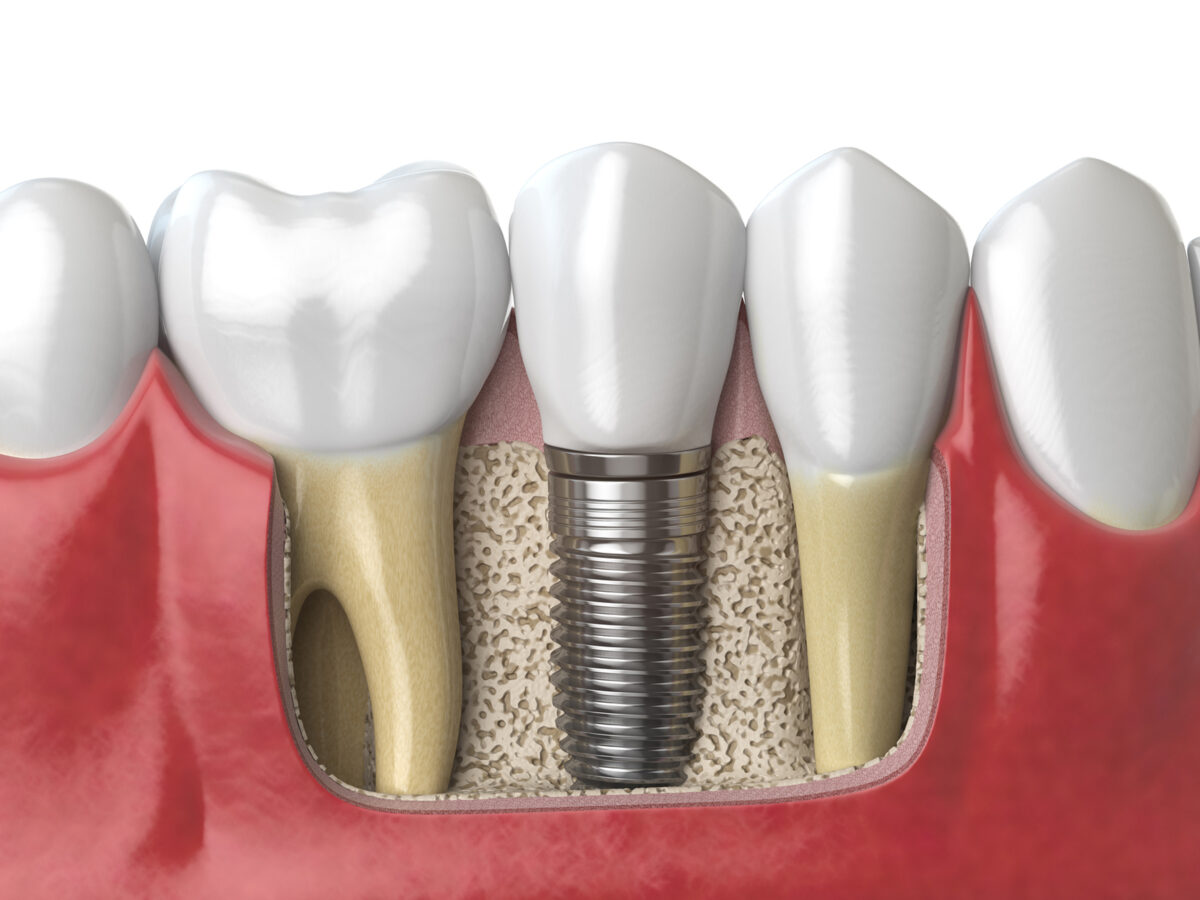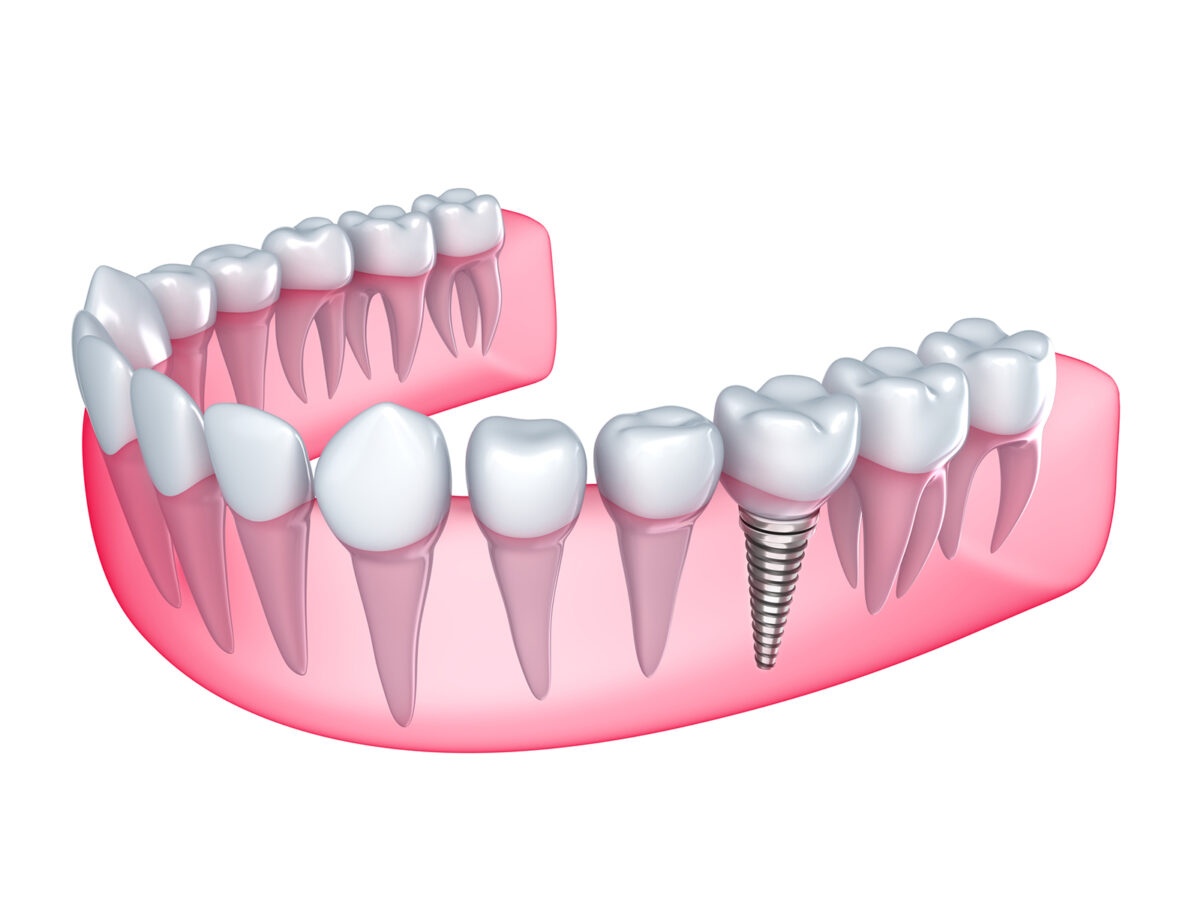A root canal is a treatment through which a dentist reaches the pump beneath a tooth that is infected, causing pain and irritation. Root canal therapy entails cleaning the infected pulp by pulling it out and re-filling the space with dental fillings.
Every year, 15 million people in the United States go through this procedure. A few of the expected benefits of opting for a root canal are:
- Efficient chewing
- Normal biting force
- Normal sensation in the teeth
- Protection of teeth from excessive wear and tear.
Despite their many merits and widespread prevalence, root canals are linked to damage to the brain. Let us see if this analogy is valid or just a myth.
Does Root Canal Cause Brain Damage?
People browsing the web about root canal therapies often bump into articles and sites that claim a positive correlation between root canals and brain cancer. Mostly, they quote a statistic that 97 percent of all brain cancer patients have undergone root canal procedures. But, this correlation is a myth, and the scientific community debunked it a long time ago.
The study that asserts 97 percent of brain cancer patients have undergone a root canal is almost a century old and holds no real value or accuracy in today’s times.
In reality, root canals have no direct impact on brain damage. They are highly effective and the least intrusive ways to treat severe oral infections.
But, it is noteworthy to mention that after the root canal treatment is done, the dead organ: the tooth remains inside the body. So, complications may arise in the form of re-infections. Therefore, if pain, discomfort, or swelling persists for prolonged periods after root canal therapy, then you might need retreatment.
Schedule your appointment with a dentist today and get the treatment on time!

